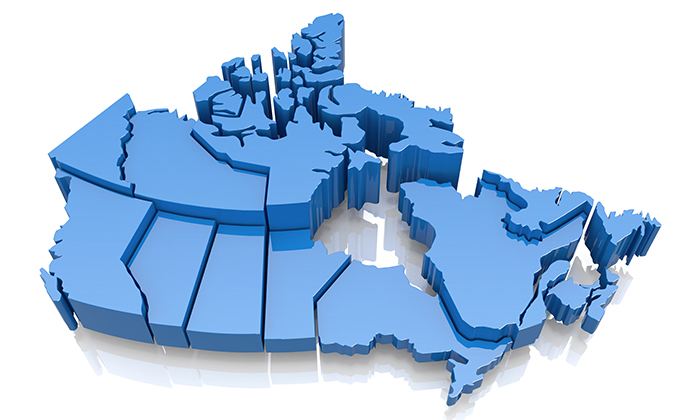Requirements for data access for some data providers are governed by The Research Data Access Framework (RDAF), a consensus-based document developed and approved by Population Data BC (PopData) and some Data Stewards with data currently held at PopData. The RDAF outlines the criteria which a request for data must meet in order for it to be considered eligible. The document is subject to change as PopData expands its data holdings and new Data Stewards become involved. > download pdf of RDAF
The Research Data Access Framework
PopData holds population-wide, individual-level data to develop linkages among these data, and to support access to these data for approved research purposes.
PopData is authorized to receive, store, manage, manipulate and further disclose data through Information Sharing Agreements with the Public Bodies that provide the data, as outlined in PopData’s Privacy Impact Assessment. PopData serves as a facilitating and coordinating third party for the creation of this resource for the research community.
The principles that inform the RDAF are:
- Interest in supporting research and expanding the data sources available for research purposes.
- Access to and use of data must conform with legislative and policy requirements of the Public Bodies responsible for the data.
- All parties recognise their own and each other’s obligations and responsibilities.
- Access to and use of data must also conform to provisions of Information Sharing Agreements and Research Agreements.
- Clarity and transparency of the data access review process and procedures will benefit all those involved.
- The principle of proportionality as referred to in the Tri-Council Policy Statement1 informs review of applications; in general, the level and extent of review should be proportionate to the sensitivity of data requested.
- The framework will seek to be comprehensive and iterative in terms of requirements and restrictions for Data Access Requests.
- Any processes and procedures should be reasonable from the perspective of time and cost both for implementation and ongoing operations.
- The Research Data Access Framework will be treated as a “living document” and will benefit from the experiences of all Data Stewards, which will be incorporated as part of periodic reviews and revisions by the Data Stewards Working Group (at minimum on a bi-annual basis) and where new legislative or government policy requirements necessitate revisions.
> more on the history of the legislative framework
1 “Proportionality is the key to ensuring that those who volunteer to participate in research are not exposed to unnecessary risks, while at the same time avoiding the creation of unnecessary barriers or delays to research.” Canadian Institutes of Health Research, Natural Sciences and Engineering Research Council of Canada, Social Sciences and Humanities Research Council of Canada, Tri-Council Policy Statement: Ethical Conduct for Research Involving Humans. 1998 (with 2000, 2002 and 2005 amendments).
 PopData is sharing this announcement on behalf of the BC Ministry of Health
PopData is sharing this announcement on behalf of the BC Ministry of Health
